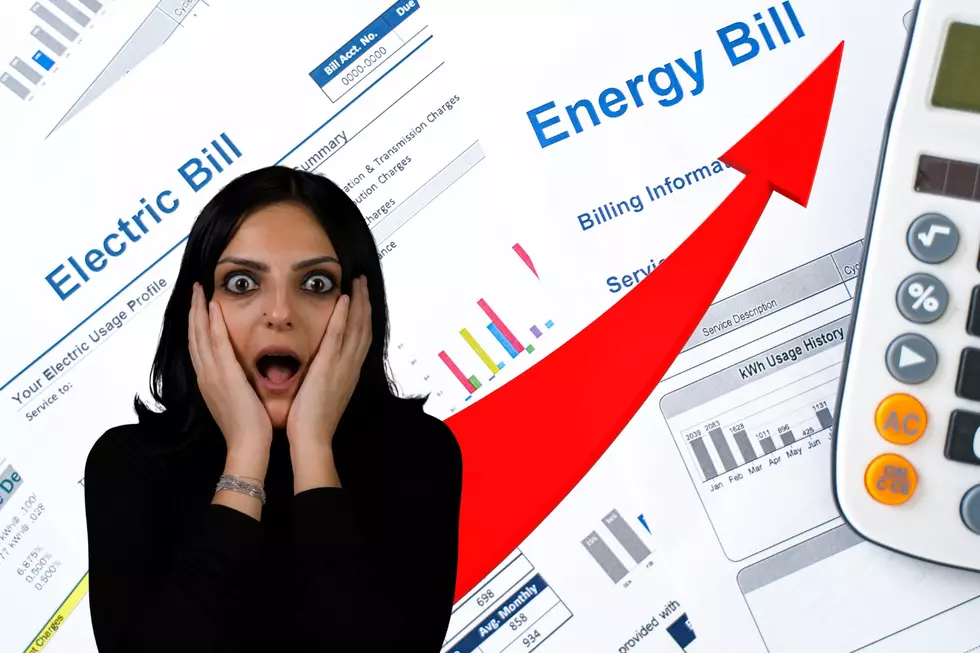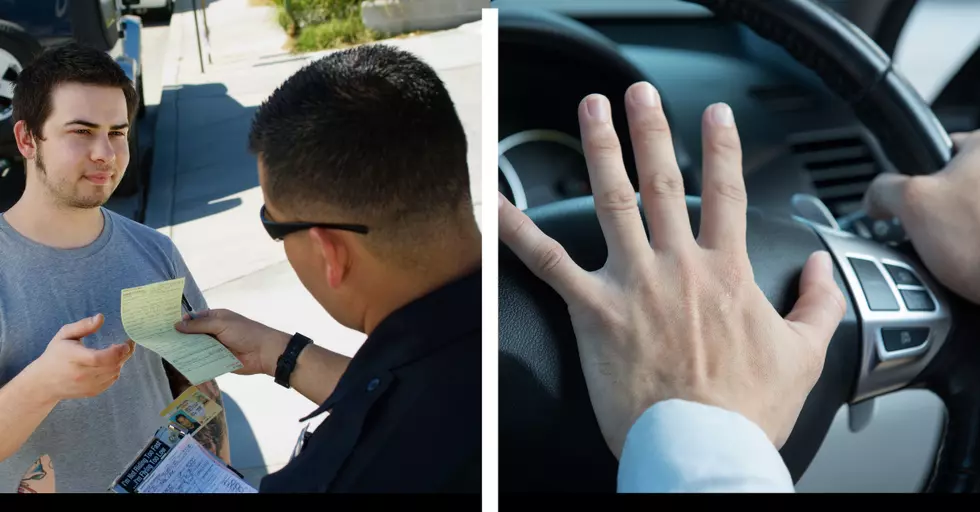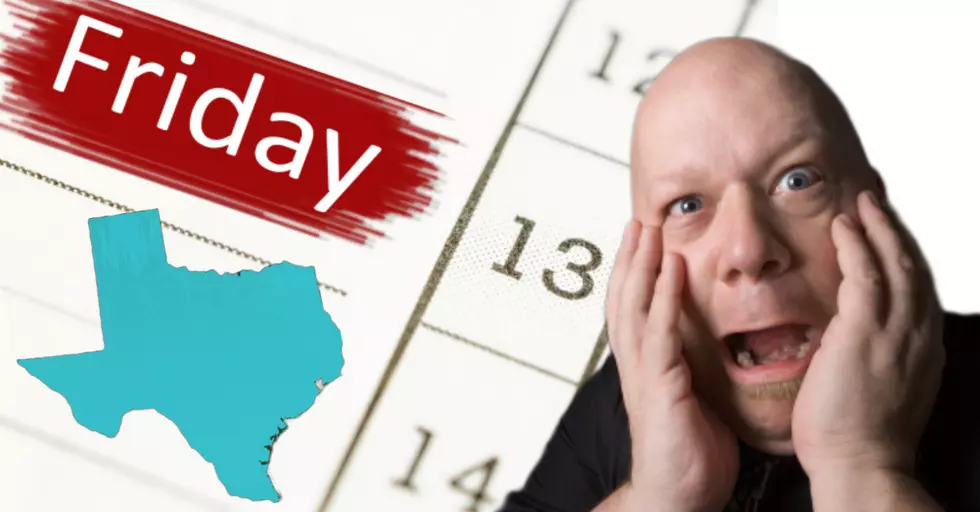
Energy Saving Tips to Stay Cool in Texas This Summer
If you are anything like me, you might be scared to look at the electric bill at the end of every month. I live in a fully electric house; there is no gas where I live. One particular year when I got a monthly electric bill for $1200, I lost it.
I learned a very valuable lesson to "be proactive and not reactive". Since then I've been trying to save energy and money, but I have not been exactly sure where to start. Then I ran across Energy.gov and I started using their suggestions. It helped me keep the electric bills down. I hope it will help you too.
The best place to start is at your thermostat. Here's what I'm talking about. My real estate agent friend Tonya informed me that her thermostat stays at 80 to 85 degrees during winter, and at 60 to 70 degrees during summer. Her electric bills are a lot lower than mine and she's got a bigger house.

She went on to explain she has a 'smart thermostat' that adjusts the temperature when she leaves the house to go to work. By the time she is on her way home, her HVAC system turns back on to cool down the house in preparation for the family's arrival.
So what is the first step? Let's begin with adjusting our thermostat 7 to 10 degrees from our normal setting for eight hours a day (or however long you're going to be gone). This could save you at least 10% a year on your entire energy bill.
So what temperature should we set our thermostat at? During the warmer months, it's recommended by the U.S. Department of Energy to set thermostat to 78 degrees when home and awake. If it feels too warm, use a fan. Ceiling fans can drop the temperature by an additional 4 degrees. When your body gets acclimated to the temperature, your bank account will thank you.
Here are more tips we can follow to save energy and money:
- Set your programmable thermostat as low as is comfortable in the winter.
- Clean and replace your HVAC filters once a month or as recommended.
- Clean air vents, registers, baseboard heaters, and radiators; make sure they're not blocked by furniture, carpeting, or drapes.
- Eliminate trapped air from hot-water radiators once or twice a season.
- Install window coverings to prevent heat gain through the windows during the day.
- Turn off kitchen, bath, and other exhaust fans after done cooking or bathing.
- During spring and summer, keep draperies closed keeping the cool in and the heat out.
- After bathing, use the bathroom fan to remove heat and humidity from your home.
- Weather-strip all doors and windows.
- Improve insulation to help keep the cooler air in and warm air out.
- For maximum energy affordability, schedule regular maintenance for your cooling equipment. Source: Energy.Gov
Pools You Can Rent By The Hour In Abilene TX
Gallery Credit: Rudy Fernandez
More From 98.7 Kiss FM









